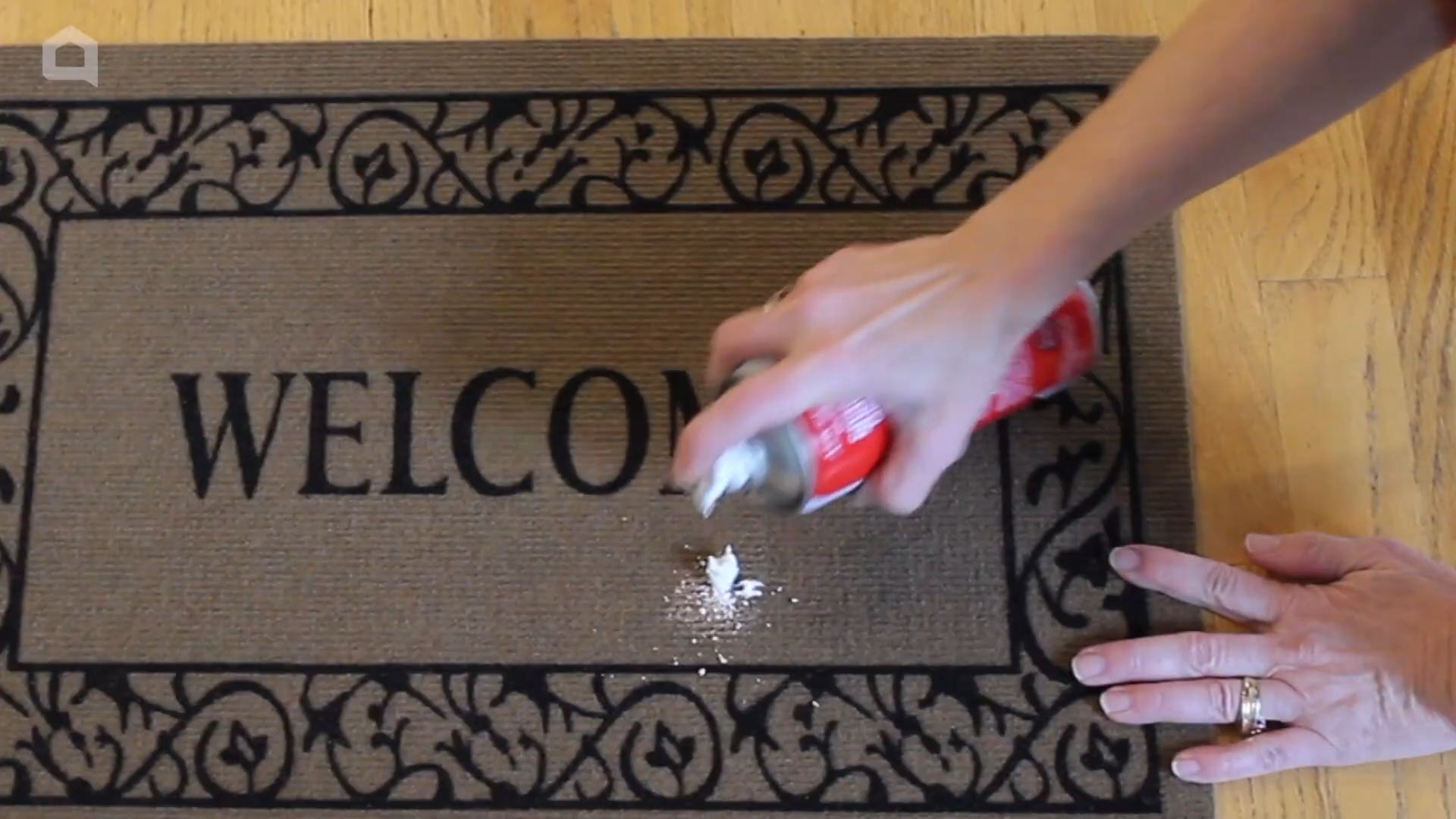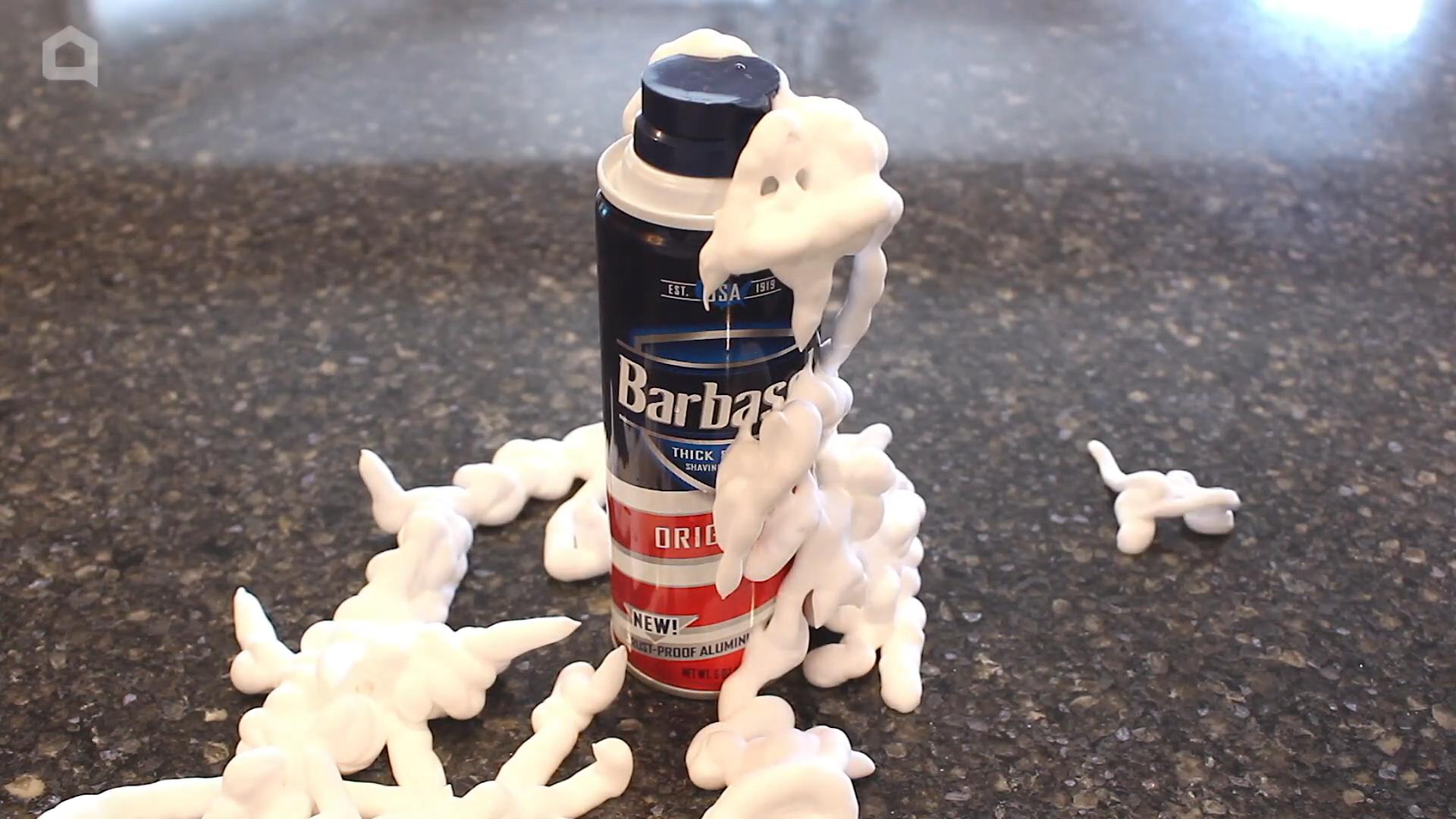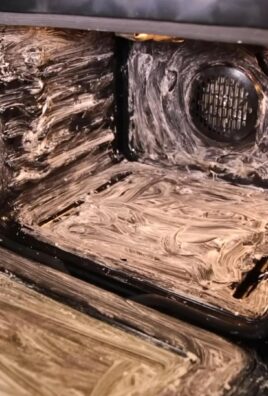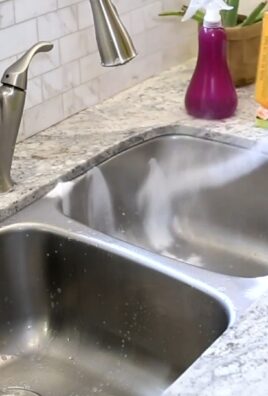Dish Soap Alcohol Cleaner: Sounds like something your grandma might have concocted, right? Well, get ready to be amazed because this simple DIY solution is about to become your new best friend in the garden! For generations, resourceful gardeners have relied on homemade remedies to tackle common plant problems, often drawing inspiration from household ingredients. Think of it as a time-honored tradition, passed down through generations, now accessible to you with a modern twist.
Let’s face it, nobody wants to spend a fortune on expensive, store-bought pesticides and herbicides, especially when you’re trying to grow your own organic produce. Plus, who wants to expose their precious plants (and themselves!) to harsh chemicals? That’s where the magic of a Dish Soap Alcohol Cleaner comes in. This powerful yet gentle solution can help combat pesky insects, fungal diseases, and even stubborn weeds, all without breaking the bank or harming the environment. I’m going to show you how to create this simple cleaner and how to use it safely and effectively in your garden. Get ready to unlock the secrets to a thriving, healthy garden with this easy DIY trick!

DIY All-Purpose Cleaner: Dish Soap and Alcohol Magic!
Hey everyone! I’m so excited to share this super simple and effective DIY all-purpose cleaner recipe with you. I’ve been using it for months now, and it’s seriously replaced almost all of my store-bought cleaners. It’s cheap, easy to make, and gets the job done – what more could you ask for? Plus, you probably already have the ingredients in your house!
This cleaner is fantastic for wiping down countertops, cleaning sinks, tackling greasy stovetops, and even shining up bathroom surfaces. Just remember to test it in an inconspicuous area first, especially on delicate surfaces like wood or natural stone.
What You’ll Need
Before we dive in, let’s gather our supplies. This is a pretty short list, which is one of the things I love about this recipe!
* Dish Soap: I prefer using a grease-cutting dish soap like Dawn, but any dish soap will work. Just avoid using dish soap with added moisturizers, as they can leave a residue.
* Isopropyl Alcohol (70% or higher): This is your disinfecting powerhouse! The higher the percentage, the better the disinfecting power. I usually use 91% isopropyl alcohol.
* Water: Tap water is perfectly fine.
* Spray Bottle: A clean, empty spray bottle is essential for dispensing your cleaner. I like to reuse old cleaning product bottles, but you can also buy new ones online or at your local store.
* Measuring Cups and Spoons: For accurate measurements.
* Funnel (Optional): This makes pouring the ingredients into the spray bottle much easier and less messy.
* Essential Oils (Optional): If you want to add a pleasant scent, a few drops of your favorite essential oil will do the trick. Lemon, lavender, tea tree, and eucalyptus are all great choices.
Mixing Ratios: Getting it Just Right
The key to a great all-purpose cleaner is getting the ratios right. Too much dish soap, and you’ll end up with a sticky residue. Not enough alcohol, and you won’t get the disinfecting power you need. Here’s the ratio I’ve found works best:
* 1/4 cup Dish Soap
* 1/4 cup Isopropyl Alcohol
* 2 cups Water
* 10-15 drops Essential Oil (Optional)
This recipe makes about 2 1/2 cups of cleaner, which is perfect for a standard spray bottle. You can easily adjust the recipe to make more or less, just keep the ratios the same.
Step-by-Step Instructions: Making Your Cleaner
Okay, let’s get down to business! Here’s how to make your own DIY all-purpose cleaner:
1. Prepare Your Spray Bottle: Make sure your spray bottle is clean and dry. If you’re reusing an old bottle, rinse it out thoroughly with hot, soapy water and let it air dry completely. This will prevent any unwanted residue or odors from contaminating your new cleaner.
2. Add the Dish Soap: Using your measuring cup, carefully pour 1/4 cup of dish soap into the spray bottle. Try to avoid creating too many bubbles as you pour.
3. Pour in the Alcohol: Next, add 1/4 cup of isopropyl alcohol to the spray bottle. Again, pour carefully to avoid splashing.
4. Add the Water: Now, it’s time to add the water. Pour 2 cups of water into the spray bottle. If you’re using a funnel, this step will be much easier and less messy.
5. Add Essential Oils (Optional): If you’re using essential oils, add 10-15 drops of your favorite scent to the spray bottle. I love using lemon essential oil for its fresh, clean scent and its degreasing properties. Lavender is another great option for its calming and relaxing aroma.
6. Close and Shake: Securely close the spray bottle and gently shake it to combine all the ingredients. Avoid shaking too vigorously, as this can create excessive bubbles.
7. Label Your Bottle: This is an important step! Label your spray bottle clearly with the name of the cleaner and the date you made it. This will help you avoid any confusion later on. I usually just use a piece of masking tape and a permanent marker.
Using Your DIY Cleaner: Tips and Tricks
Now that you’ve made your cleaner, it’s time to put it to work! Here are a few tips and tricks to help you get the most out of your DIY all-purpose cleaner:
* Test First: As I mentioned earlier, always test the cleaner in an inconspicuous area before using it on a larger surface. This is especially important for delicate surfaces like wood, natural stone, or painted surfaces.
* Spray and Wipe: Simply spray the cleaner onto the surface you want to clean and wipe it down with a clean cloth or paper towel. For stubborn stains or grease, let the cleaner sit for a few minutes before wiping.
* Use a Microfiber Cloth: Microfiber cloths are great for cleaning because they’re super absorbent and don’t leave behind any lint or streaks.
* Rinse if Necessary: For some surfaces, you may need to rinse with clean water after wiping with the cleaner. This is especially important for food preparation surfaces.
* Avoid Using on Electronics: Do not use this cleaner on electronic devices, as the alcohol can damage the screens and internal components.
* Storage: Store your DIY all-purpose cleaner in a cool, dark place away from direct sunlight and heat. This will help to preserve its effectiveness.
* Shelf Life: This cleaner should last for several months. If you notice any changes in color or odor, or if it starts to separate, it’s time to make a fresh batch.
Troubleshooting: Common Issues and Solutions
Sometimes, things don’t go exactly as planned. Here are a few common issues you might encounter when making your DIY all-purpose cleaner, and how to fix them:
* Sticky Residue: If you’re experiencing a sticky residue after using the cleaner, it’s likely that you used too much dish soap. Try reducing the amount of dish soap in your next batch. You can also try wiping the surface with a clean, damp cloth to remove the residue.
* Strong Alcohol Smell: If the alcohol smell is too strong, you can try adding more water to the recipe. You can also try using a lower percentage of isopropyl alcohol.
* Separation: If the ingredients start to separate, it’s usually because the cleaner has been sitting for a while. Simply shake the bottle well before each use to re-combine the ingredients.
* Clogged Sprayer: If your sprayer gets clogged, try rinsing it out with hot water. You can also try using a small pin or needle to clear any blockages.
Why This Works: The Science Behind the Magic
So, why does this simple combination of dish soap and alcohol work so well as an all-purpose cleaner? Here’s a little bit of science to explain it:
* Dish Soap: Dish soap is a surfactant, which means it helps to break down grease and grime. It also helps to lift dirt and debris from surfaces, making them easier to wipe away.
* Isopropyl Alcohol: Isopropyl alcohol is a disinfectant, which means it kills germs and bacteria. It also helps to evaporate quickly, leaving surfaces clean and dry.
* Water: Water acts as a solvent, helping to dissolve the dish soap and alcohol and distribute them evenly across the surface.
The combination of these three ingredients creates a powerful cleaning solution that is effective at removing dirt, grease, and germs.
Safety Precautions: Keeping Yourself Safe
While this DIY cleaner is relatively safe, it’s still important to take a few precautions:
* Keep Out of Reach of Children and Pets: As with all cleaning products, keep this cleaner out of reach of children and pets.
* Avoid Contact with Eyes: Avoid getting the cleaner in your eyes. If contact occurs, rinse thoroughly with water.
* Ventilation: Use the cleaner in a well-ventilated area.
* Do Not Mix with Other Cleaners: Do not mix this cleaner with other cleaning products, as this could create dangerous fumes.
* Flammable: Isopropyl alcohol is flammable, so keep the cleaner away from heat and open flames.
Variations: Customizing Your Cleaner
One of the best things about making your own cleaner is that you can customize it to suit your needs and preferences. Here are a few variations you can try:
* Vinegar: You can add 1/4 cup of white vinegar to the recipe for extra cleaning power. Vinegar is a natural disinfectant and deodorizer. However, be aware that vinegar has a strong smell that some people may find unpleasant.
* Borax: You can add 1 tablespoon of borax to the recipe for extra cleaning power. Borax is a natural mineral that helps to remove stains and disinfect

Conclusion
So, there you have it! This simple yet incredibly effective Dish Soap Alcohol Cleaner recipe is a game-changer for anyone looking to simplify their cleaning routine and achieve sparkling results without harsh chemicals. We’ve walked you through the easy steps, highlighted the benefits, and addressed any potential concerns. But why is this DIY cleaner a must-try?
Firstly, it’s incredibly cost-effective. Think about it: you’re likely already purchasing dish soap and rubbing alcohol. By combining them, you’re creating a powerful cleaning solution that rivals expensive store-bought alternatives, saving you money in the long run. Secondly, it’s versatile. From grimy countertops to stubborn bathroom stains, this cleaner tackles a wide range of surfaces with ease. Its gentle yet effective formula cuts through grease, grime, and dirt, leaving behind a streak-free shine. Thirdly, and perhaps most importantly, it’s a safer alternative. By ditching the harsh chemicals found in many commercial cleaners, you’re creating a healthier environment for yourself, your family, and your pets. You’re reducing your exposure to potentially harmful toxins and contributing to a more sustainable lifestyle.
But the beauty of this DIY cleaner lies in its adaptability. Feel free to experiment with variations to suit your specific needs and preferences. For instance, if you’re looking for an extra boost of cleaning power, consider adding a few drops of essential oils like tea tree or eucalyptus, known for their antibacterial and antiviral properties. These oils not only enhance the cleaning power but also leave behind a refreshing scent. Alternatively, if you’re dealing with particularly stubborn stains, you can pre-treat the area with a paste made from baking soda and water before applying the Dish Soap Alcohol Cleaner. This will help to loosen the grime and make it easier to remove.
Another variation involves adjusting the ratio of dish soap to rubbing alcohol. While the 1:1 ratio works well for most surfaces, you might find that a slightly higher concentration of rubbing alcohol is more effective for disinfecting or cleaning glass surfaces. Just be sure to test the solution on a small, inconspicuous area first to ensure it doesn’t damage the surface.
We understand that trying a new DIY cleaner can be a bit daunting, but we encourage you to take the plunge! The process is simple, the ingredients are readily available, and the results are truly impressive. We’re confident that you’ll be amazed at how effective and versatile this Dish Soap Alcohol Cleaner is.
So, grab your dish soap, rubbing alcohol, and a spray bottle, and get ready to experience the joy of a clean and healthy home. Once you’ve tried it, we’d love to hear about your experience! Share your tips, variations, and success stories in the comments below. Let’s build a community of DIY cleaning enthusiasts and help each other create a cleaner, healthier, and more sustainable world, one spray bottle at a time. Don’t forget to tag us in your social media posts using #DIYCleaner #DishSoapAlcoholCleaner – we can’t wait to see your sparkling results!
Frequently Asked Questions (FAQ)
What type of dish soap should I use?
You can use virtually any type of dish soap for this recipe. However, clear, unscented dish soap is often preferred as it minimizes the risk of streaks or residue, especially on glass surfaces. Avoid using dish soaps that contain added moisturizers or lotions, as these can leave a film behind. A basic, concentrated dish soap will work best. Experiment with what you have on hand, but keep an eye out for any unwanted residue and adjust accordingly.
What percentage of rubbing alcohol is best?
Ideally, you should use rubbing alcohol (isopropyl alcohol) with a concentration of 70% or higher. This concentration is most effective at disinfecting and killing germs. While 91% isopropyl alcohol is also available, it evaporates more quickly, which can reduce its contact time with surfaces and potentially diminish its disinfecting power. 70% isopropyl alcohol strikes a good balance between disinfecting effectiveness and evaporation rate.
Can I use this cleaner on all surfaces?
While this Dish Soap Alcohol Cleaner is generally safe for most surfaces, it’s always a good idea to test it on a small, inconspicuous area first, especially on delicate or sensitive materials. Avoid using it on porous surfaces like unfinished wood, as the alcohol can penetrate and potentially damage the material. It’s also not recommended for use on surfaces that are sensitive to alcohol, such as certain types of painted or varnished surfaces. Always err on the side of caution and test before applying it to a large area.
How long does the cleaner last?
This DIY cleaner doesn’t have a long shelf life compared to commercial cleaners, primarily because it doesn’t contain preservatives. It’s best to use it within a few weeks of mixing it. Over time, the alcohol can evaporate, and the dish soap can separate. To maximize its shelf life, store it in a cool, dark place in a tightly sealed spray bottle. If you notice any separation or changes in consistency, it’s best to discard it and make a fresh batch.
Is this cleaner safe to use around pets and children?
While this cleaner is generally safer than many commercial cleaners, it’s still important to exercise caution when using it around pets and children. Keep the spray bottle out of their reach and avoid spraying it directly in their presence. Ensure that surfaces are completely dry before allowing pets or children to come into contact with them. If ingested, rubbing alcohol can be harmful, so it’s crucial to store the cleaner safely and seek medical attention if necessary.
Can I add essential oils to this cleaner?
Yes, you can definitely add essential oils to this cleaner to enhance its cleaning power and add a pleasant scent. Tea tree oil, eucalyptus oil, lavender oil, and lemon oil are all excellent choices due to their antibacterial, antiviral, and antifungal properties. Add a few drops of your favorite essential oil to the mixture and shake well before using. However, be mindful of the potential for allergic reactions, especially if you have sensitive skin or allergies. Always test a small area first before applying it to a larger surface.
Will this cleaner disinfect surfaces?
Yes, the rubbing alcohol in this cleaner has disinfecting properties. To effectively disinfect a surface, spray it with the cleaner and allow it to remain wet for at least 30 seconds before wiping it clean. This contact time is necessary for the alcohol to kill germs and bacteria. However, keep in mind that this cleaner is not a substitute for hospital-grade disinfectants, especially in situations where thorough disinfection is required.
Why is my cleaner leaving streaks?
Streaking can occur if you’re using too much dish soap or if the surface is not properly cleaned beforehand. Try reducing the amount of dish soap in the mixture or wiping the surface with a clean, damp cloth before applying the cleaner. You can also try using a microfiber cloth to wipe the surface dry, as these cloths are excellent at absorbing moisture and preventing streaks. Ensure that you’re using a clear, unscented dish soap, as mentioned earlier, to minimize the risk of residue.
Can I use this cleaner to clean windows and mirrors?
Yes, this Dish Soap Alcohol Cleaner can be used to clean windows and mirrors, but it’s important to use it sparingly and wipe the surface dry immediately to prevent streaks. A slightly higher concentration of rubbing alcohol may be beneficial for cleaning glass surfaces. Avoid spraying the cleaner directly onto the glass; instead, spray it onto a microfiber cloth and then wipe the surface. This will help to prevent oversaturation and streaking.
What if I don’t have rubbing alcohol? Can I substitute it with something else?
While rubbing alcohol is the most effective ingredient for disinfecting and cleaning, you can try substituting it with white vinegar in a pinch. However, vinegar has a distinct odor that some people find unpleasant, and it’s not as effective at disinfecting as rubbing alcohol. If you choose to use vinegar, mix it with dish soap in a 1:1 ratio and test it on a small, inconspicuous area first. Be aware that vinegar can also damage certain surfaces, such as marble and granite, so use it with caution. For optimal results, rubbing alcohol is the preferred ingredient.




Leave a Comment